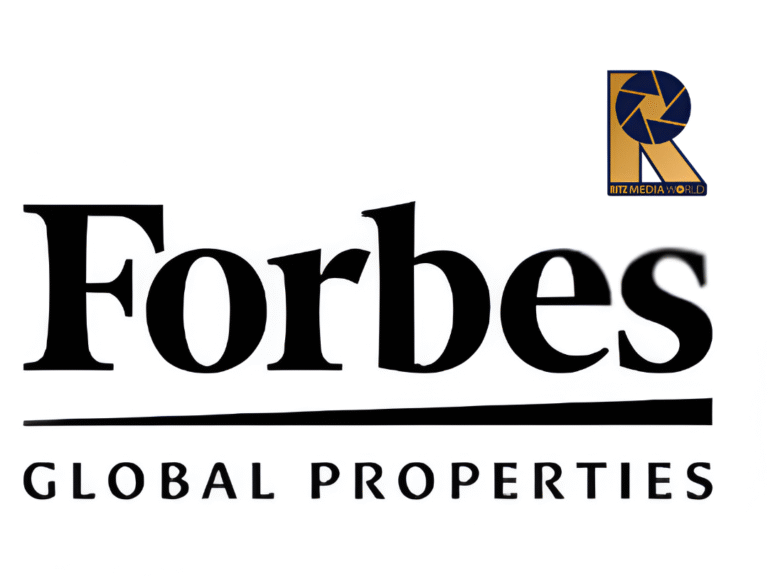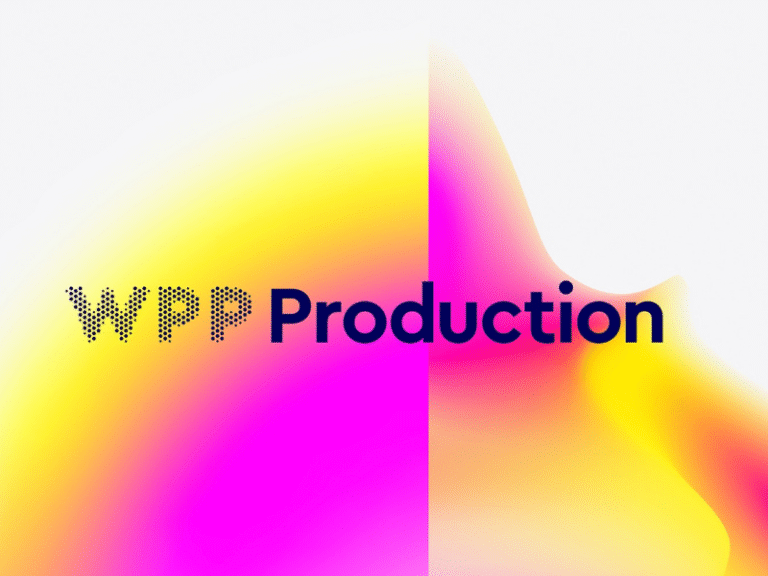Recent high-profile AI failures across major tech companies have raised serious questions about consumer trust in artificial intelligence systems. From Google’s Gemini generating historically inaccurate images to Microsoft’s Copilot creating embarrassing factual errors, these public missteps have put brand reputation on the line.
A recent Morning Consult survey revealed that 63% of consumers express concerns about AI-generated content, with trust becoming a significant hurdle for technology adoption. When AI systems visibly fail, the damage extends beyond the specific incident to the broader perception of the company’s technological competence.
“The challenge for brands isn’t just fixing the technology but rebuilding consumer confidence,” notes AI ethics researcher Dr. Samantha Chen. “Trust is much harder to recover than to lose.”
Companies are responding with varying approaches. Microsoft has implemented additional fact-checking layers before AI outputs reach users. Google has slowed down some product releases to ensure more rigorous testing. Meta has taken the transparent approach of clearly labeling AI-generated content across its platforms.
For marketers, these developments present a difficult balance between embracing cutting-edge AI capabilities and protecting brand integrity. “Brands that rush AI implementation without proper safeguards are gambling with consumer trust,” warns digital marketing strategist Amir Rahmani.
Industry experts recommend companies adopt clearer communication about AI limitations, implement robust testing protocols, and provide straightforward correction mechanisms when systems inevitably make mistakes.
As AI integration continues across industries, the brands that maintain trust will likely be those that acknowledge the technology’s current limitations while demonstrating a commitment to responsible innovation and transparency.












